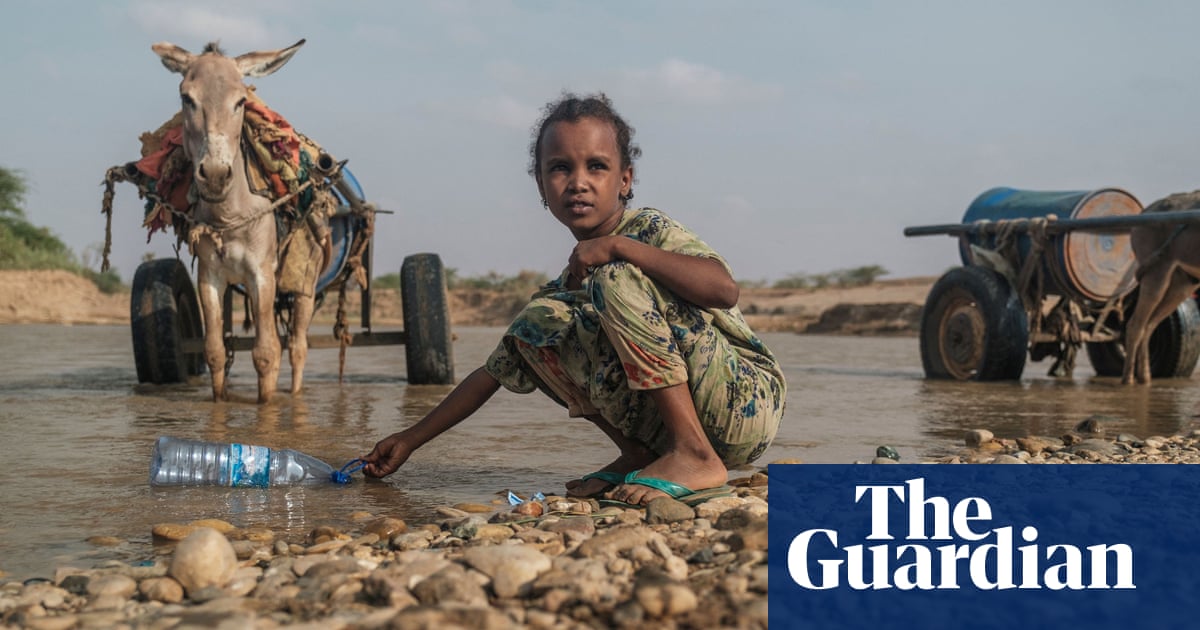
Some regions that produce coffee, cashews and avocados may not be able to support the growing of these crops within decades as a result of global heating, a study has found.
Researchers combined climate change projections and soil factors to model how suitable various regions will be for growing crops in 2050. The analysis found that all major coffee-producing regions face a decline in suitability, including Brazil, Vietnam, Indonesia and Colombia.
For cashews, major growing regions such as India, Ivory Coast and Benin are predicted to become less suitable, while for avocados areas including the Dominican Republic, Peru and Indonesia will suffer.
For all three crops, appropriate growing regions may open up at higher altitudes and latitudes, particularly for cashews and avocados. The US, Argentina, China and countries in east Africa are predicted to benefit the most.
The study found that climate change adaptation will be necessary in many major producing regions, with potential mitigation measures including adaptations in plant breeding and site-specific management.
“It was important to investigate where there will be shifts amongst suitable growing regions for all three crops due to climate change, with both expansions and contractions. This is why we put a focus on today’s main producing countries,” said Dr Roman Grüter, of ZHAW School of Life Sciences and Facility Management in Switzerland, who was the lead author of the paper. “In our suitability model, we wanted to prioritise regions where crops were locally adapted already.
“When you identify regions that are climatically suitable for growing crops, the typography and soil factors are critical for cultivating crops and that’s why we took them into account in our model, as well as taking into account climate projections for 2050. Due to a negative impact on crop suitability in those countries there will be adaptation measures required in all of those regions with all three crops.”
Dr Paul Jensen, of the Sustainability Research Institute at the University of Leeds, who was not involved in the study, said: “The research demonstrates the wide range and complexity of crop management considerations that food system stakeholders need to increasingly consider in the face of both extreme and minimal climate change scenarios. Long-term planning for how we manage the agricultural environment, without simply moving cultivation and related environmental impacts to new areas, is needed now to secure supplies of not only luxury crops such as those covered in the study, but also many staple crops that we all rely on.
“This is particularly true of those crops that support the livelihood of smallholder farmers across the globe. If smaller entities in the global food system are not suitably supported in terms of understanding the impact of climate change and adaptation strategies and opportunities, we will see yet again that the most vulnerable in society will be those that suffer first and the most as climate change takes hold.”












